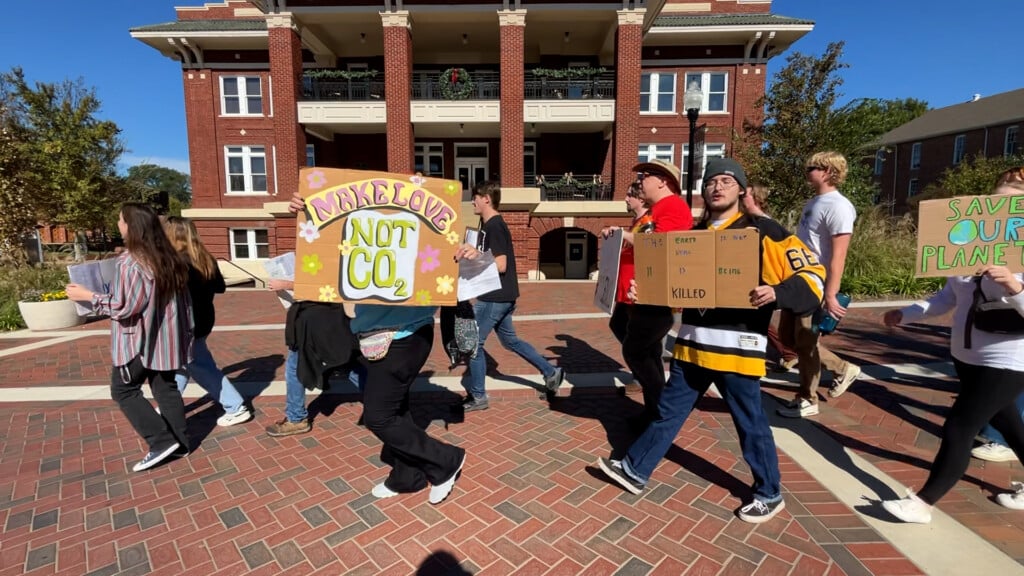FDA authorizes remdesivir for emergency use as coronavirus treatment
The Food and Drug Administration has authorized the antiviral drug remdesivir for emergency use in treating coronavirus cases, FDA Commissioner Stephen Hahn announced in an impromptu Oval Office meeting on Friday afternoon. Daniel O’Day, the CEO of Gilead Sciences, which produces the drug, also attended the meeting with administration officials.
O’Day said that Gilead would continue to work with the administration and said the company is working to increase its supply of IV remdesivir, which does not cure the disease but may help shorten its duration. Hahn thanked O’Day for the company’s collaboration with the administration and praised FDA officials for work in responding to the pandemic.
“This is an important clinical advance,” Hahn said about remdesivir, calling it “the first authorized therapy for COVID-19.”
Dr. Deborah Birx, the leader of the White House coronavirus task force, also praised O’Day and the drug, which shortened the recovery time for some coronavirus patients in a recently completed clinical trial.
“This is our first really positive step forward,” Birx said.
In a statement announcing the emergency use authorization, the FDA said that “given there are no adequate, approved, or available alternative treatments, the known and potential benefits to treat this serious or life-threatening virus currently outweigh the known and potential risks of the drug’s use.”
Dr. Anthony Fauci, the nation’s top infectious disease specialist, expressed his optimism Wednesday about the ability of remdesivir to shorten the time it takes seriously ill patients to recover from a COVID-19 infection. Preliminary data analysis from a new international COVID-19 drug trial “shows that remdesivir has a clear-cut, significant, positive effect in diminishing the time to recovery,” Fauci told reporters at the White House.
However, a separate study on a smaller group of patients in China, published in the peer-reviewed journal The Lancet the same day, did not find statistically significant benefits from the drug for those with “severe” COVID-19. At the same time, the study suggested there was a “numerical reduction in time to clinical improvement in those treated earlier,” but said the finding would need to be confirmed in a bigger study.





Leave a Reply